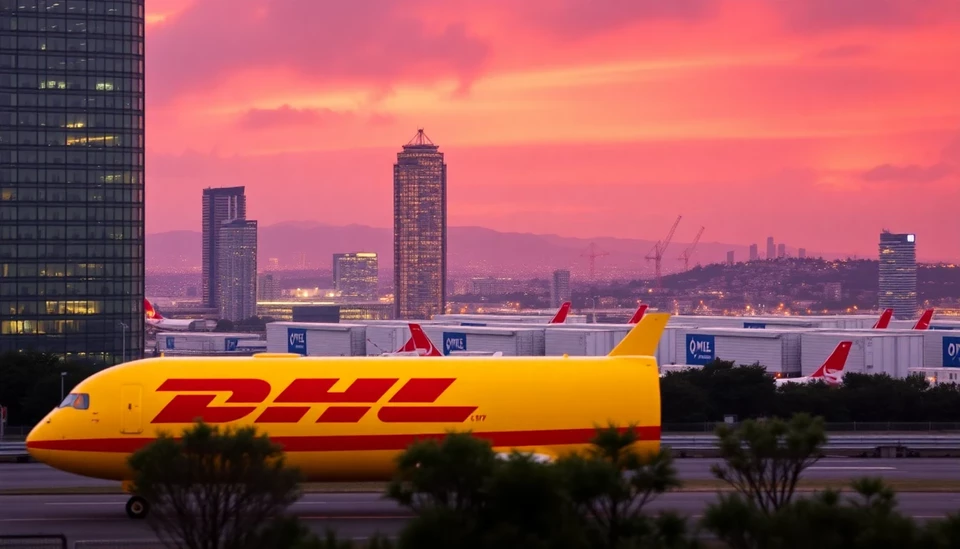
In a recent statement, the Chief Executive Officer of DHL, John Pearson, articulated growing frustration among businesses as they grapple with the ongoing unpredictability of international tariffs. Pearson noted that the state of the tariff landscape is not only chaotic but is also significantly impacting global supply chains.
During an exclusive interview, Pearson emphasized that constant changes in tariff regulations have left companies feeling overwhelmed. He described the turmoil as creating a "sense of fatigue" amongst businesses that are striving to maintain efficiency in their operations. As nations impose varying tariffs on imports and exports, companies find it increasingly challenging to plan their future logistics strategies effectively.
According to Pearson, the inconsistencies in tariffs are causing logistical nightmares, prompting many firms to reconsider their supply chain strategies. He explained that as businesses try to navigate these tumultuous waters, the need for reliable and stable trade policies becomes even more critical. The CEO's observations coincide with broader concerns shared by many corporate leaders who are urging governments to adopt a more predictable approach to trade regulations.
Highlighting the implications of these ongoing policy shifts, Pearson underscored that businesses require clarity to make informed decisions regarding manufacturing locations and shipping routes. He indicated that many companies are looking to diversify their supply chain sources as a strategy to mitigate risks associated with tariff changes. By diversifying, companies not only aim to lessen their dependency on single markets but also to position themselves strongly against potential future disruptions.
The CEO of DHL projected that the evolving trade environment will compel businesses to set aside resources for navigating these complexities. This shift could ultimately lead to increased costs for companies that need to invest in compliance and adapt to shifting tariffs, which may be passed down to consumers. The broader implications of this scenario suggest that, unless a more stable framework is established, negative effects on economic growth may continue as businesses fight to adapt.
As the uncertainties persist, companies have started to encourage their respective governments to engage in constructive dialogues aimed at fostering stability and predictability in international trade. Leaders in the logistics sector believe that cooperation among nations is vital to eliminate barriers and enhance global commerce. Pearson’s perspective reflects a call for governments to prioritize the development of a coherent and consistent trade policy that can support growth rather than hinder it.
In conclusion, the remarks made by the DHL CEO reflect a sentiment growing among businesses worldwide concerning the need for more substantive trade policies. As companies continue to advocate for clarity and stability in tariff regulations, the call for cooperative international trade relations remains more pressing than ever. This can ultimately lay the groundwork for a more balanced economic environment that benefits both businesses and consumers alike.
#TariffChaos #DHL #SupplyChain #Logistics #TradePolicy #EconomicGrowth #InternationalTrade #BusinessStrategy #CorporateLeadership
Author: Daniel Foster




